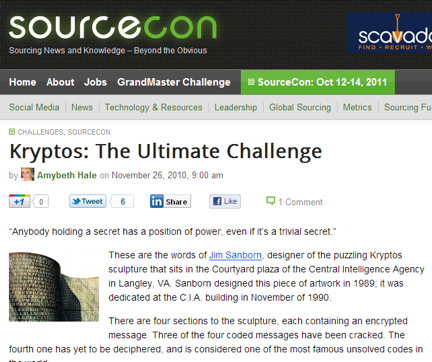Editor’s Note: The holiday season is here, and TLNT will celebrate by bringing back some classic holiday posts from years past. Look for them over the next two weeks.
This Thanksgiving, we did not say the usual prayer before the feast.
This year instead, I received a note from a family member who asked if we could go around the room and let each person express what they were thankful for.
I did not give it much thought as I led off the thank-you’s. I listened to each comment, and they were insightful and touching. At the end of about 10 thank you’s we were all teary-eyed. It brought to the forefront how each individual looks at their lives through the prism of thanks. I also noticed how strong our relationship is as a family.
This set the tone in a much more powerful way than Thanksgivings in the past.
Although there was one comment about work — that was it — but they all mentioned family.
Tuesdays with Morrie
It reminded me of a book a while back titled Tuesdays with Morrie.This novel tells the true story of Brandeis University retired sociology professor Morrie Schwartz and his relationship with his students. One of his students, Mitch Albom, tells his favorite professor (Morrie Schwartz) that he will keep in touch. He’s like a lot of us, however; we mean well but do not follow up until it’s too late.
Mitch doesn’t contact his professor until one night when he sees Morrie being interviewed on TV. It turns out that Morrie has developed ALS (referred t0 as “Lou Gerhig’s Disease”), and is in a wheelchair. Mitch begins to visit his professor and soon realizes that Morrie is still that great professor that he learned so much from during his college years.
Knowing he was dying, Morrie visited with Mitch in his study every Tuesday, just as they used to back in college. Their rekindled relationship turned into one final “class” — lessons in how to live.
So over a period of 14 Tuesdays, they sat and talked about life. The book was set up in a way that over those 14 visits, each one revolved around a specific topic. They talked about family, forgiveness, love, marriage, culture, etc.
Not one chapter was specifically devoted to the world of work.
When I read this book a few years back, it gave me a sense of what life is about based on the wisdom of a dying man with little time left on this side. It made me realize that human relationships and health are more important than all the jobs, accomplishments, gadgets and modern convenience, or pressures to get ahead either professionally and/or monetarily.
Sometimes we all get so caught up with the trivialities of life that our compass becomes misaligned. All of our so called importance is just that, so called.
Get over it
I read an article a while back about a church in a wealthy town in Connecticut that had set up a career workgroup because so many of their members were out of work. They would meet weekly, and according to the pastor, some of the participants were a little hesitant to join in the discussion because they were somewhat reserved. He observed that the largest issue in the room was that their lives revolved around being that SVP, VP or C-Level executive.
Their entire existence was about being that person they no longer were.
When we said our Thanksgiving prayer of thanks, every one of my family members talked about how much we all love each other and how much we all mean to each other.
I looked over and saw my wife, who is the greatest person in my life, with tears in her eyes. At the end we were all hugging and still holding hands.
It was truly a remarkable Thanksgiving and one that we will all remember years from now.
My parents always told me that you can learn a lot about a family just by watching how they interact. Do they laugh a lot? Do they laugh at themselves? Do they cherish the times together?
This Thanksgiving taught me a valuable lesson that I had somewhat forgotten. Despite the changing lifestyles and generational dynamics that characterize modern society, the family remains the central element of contemporary life.
